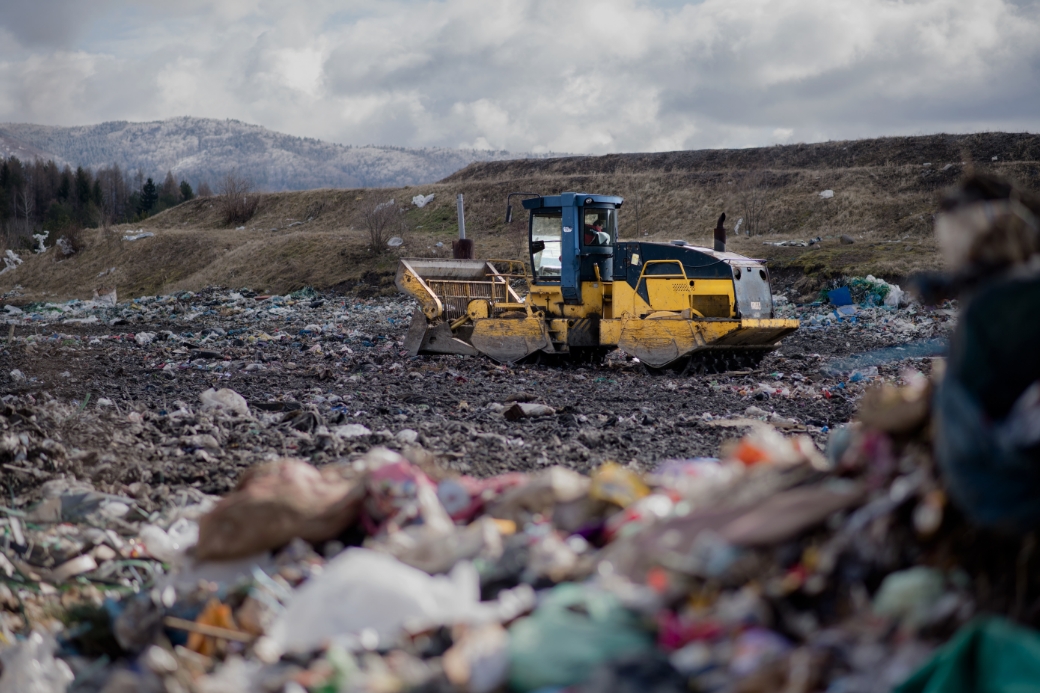Home Mattress Recycling
Need to recycle your old mattress?
Our sister company, The Mattress Recycling People, can take care of it!

The mattress recycling industry in the UK is a thriving market, with its worth currently estimated at £750 million. As the UK’s population exceeds 67 million, the demand for mattresses is understandably high. However, when it comes to recycling old mattresses and utilising their valuable components, there’s room for improvement.
It is crucial to recognise that despite the growing mattress market, we are facing a challenge in managing the end-of-life process. Presently, approximately 7.5 million mattresses find their way to landfills annually. This is equivalent to the area of 250 football pitches.
The growing mattress market brings both challenges and opportunities to the world of mattress recycling. Year on year, the demand for mattress recycling increases as the available landfill sites decrease.
This creates the potential for growth within the sector, allowing for a diverse array of job opportunities, from skilled labourers in disassembly and processing, to research and development roles. Investment into recycling not only diverts this bulky waste stream away from landfill but also slashes waste management costs, allowing for economic growth.
Furthermore, mattresses consist of 19 key components that, once recycled, can re-enter the economy across multiple sectors. It’s unfortunate that mattress recycling is being overlooked, as these materials retain significant value. Proper processing can reduce the need for unnecessary extraction, production, and distribution of new resources.
At The Furniture Recycling Group, we pride ourselves on the work of our skilled cutters to ensure that every part of each mattress is dismantled, and the key components are identified and returned to the economy for a second lease of life.
Each year, mattress retailers lose £60 billion due to returns through their comfort night guarantee. However, unlike end-of-life mattresses, those returned within the comfort night guarantee have the opportunity to be rejuvenated, avoiding unnecessary waste of products that are in good condition. Through the process of rejuvenation, these mattresses can be resold, creating a revenue stream for retailers and providing pre-loved products at more accessible prices for consumers, as well as improving sustainability within the sector.
Mattress rejuvenation is a complex process that requires a full audit trail and sanitisation. At the Furniture Recycling Group, we’ve developed a bespoke, in-house programme that is data-centric, ensuring an extensive and reliable audit trail, capturing every detail of the rejuvenation process. This transparency not only increases trust, but also emphasises our commitment to quality and sustainability. This relatively new process has not only increased the demand for skilled workers within the sector, from processing and logistics to skilled rejuvenation labourers, but has also elevated the standard for rejuvenation procedures industry-wide.
As a result of the growing mattress industry, the demand for end of life (EoL) is higher than ever, requiring an ever growing number of trained specialists to expand capabilities of mattress recycling.
The recycling and rejuvenation process involves a diverse array of job roles to ensure its efficiency. This expands beyond the waste management sector to multiple others, including recruitment, HR, finance and management. This displays the economic benefits the expansion of mattress recycling has across the economy as a whole.
As the mattress manufacturing industry continues to expand across the UK, it presents a host of economic opportunities. Recycling facilities like TFRG have already made a remarkable impact on diverting mattresses from landfills, but there is ample room for further growth.
Having been in the industry for 14 years, we at TFR Group have honed our expertise and have become leading figures in the field. We now divert 100% of the mattresses we handle away from landfill and recycle 16,000 mattresses every week across our four UK sites. However, with the UK disposing of 8.5 million mattresses annually, there is still a considerable opportunity to upscale such a successful initiative and further reduce the 167,000 tonnes of mattresses that end up in landfills each year.
Our partnership with Suez demonstrates the potential for increased job opportunities in the mattress recycling industry. Through collaborative efforts, we have successfully diverted 100% of their mattress waste away from landfills, totalling 277,000 mattresses. Notably, this partnership has led to the creation of an additional 25 jobs at our recycling facility, showcasing how a sustainable industry can make a positive impact both economically and environmentally.
As the mattress manufacturing industry continues to expand, considering EoL recycling practices will foster additional job opportunities across the sector, benefiting the economy by supporting job growth, promoting sustainable practices, and reducing waste management costs.
Additionally, as the demand for virgin materials rises and supply dwindles, the value of discarded mattresses becomes evident, showcasing the potential for a thriving and economically rewarding recycling industry.
Discover how we support businesses in implementing sustainable practices and creating employment opportunities.
"*" indicates required fields
Need to recycle your old mattress?
Our sister company, The Mattress Recycling People, can take care of it!
X